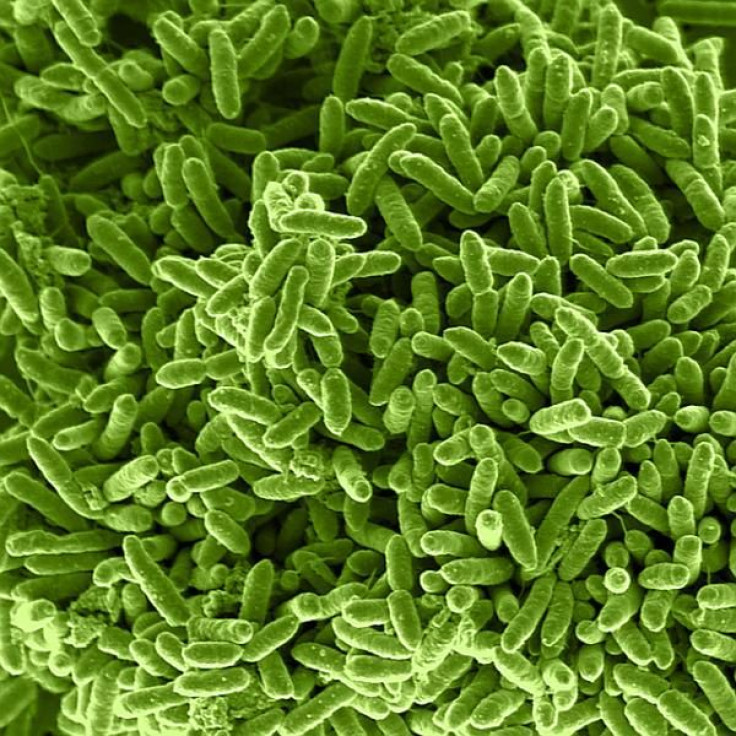Fecal Transplant Shown To Treat Inflammatory Bowel Disease In Children

Ulcerative colitis is an autoimmune disease that affects the colon. The immune system accidently attacks the tissues of the intestines and can actually eat holes through the lining of the intestines. The disease can result in serious dehydration and anemia because of blood and water loss due to the colon not functioning properly. Symptoms can also present slowly or occur suddenly and include abdominal pain, cramping, bloody diarrhea, pus in the stool, fever, rectal pain, weight loss, nausea, vomiting, joint pain, mouth sores or skin lesions and slow growth in children
People who don't go into remission with medication may have to have their intestines resected and sections removed in order to stop the side effects of the disease.
Researchers have thought that bacteria in the gut may be the initiating factor. One of the reasons is that special mice which don't have any bacteria in their GI tract are not susceptible to some types of induced colitis. When bacteria are added to these mice the are then susceptible to colitis.
A phase I clinical trial to test the effectiveness of transferring microbes from one person's fecal matter to the digestive system of another's has shown promise in treating pediatric ulcerative colitis. The current theory is that an imbalance in gut bacteria can perturb the immune system and set it off against a person's own organs.
In order to use this method, researchers needed to gain approval from the Food and Drug Administration because human stool is considered a drug and biological material.
"FMT has been proposed as a promising new treatment option for recurrent C. difficle infection and possibly for ulcerative colitis as well," said Sachin Kunde, MD, MPH, pediatric gastroenterologist, Spectrum Health Medical Group, and lead investigator. "We believe that the procedure may restore 'abnormal' bacteria to 'normal' in patients with ulcerative colitis. Our short-term study looked at the safety and tolerability of FMT for these patients."
The current study used the procedure on 10 children and teens aged 7-20. Stool samples were prepared in a lab from a healthy adult donor and infused into the intestines of patients by enema daily for 5 days.
The studies indicated that more than ¾ of the study participants had remission of symptoms after a week and more than 2/3 of the participants maintained a good outcome after one month.
"Patients often face a tough choice between various medications that have significant side effects. Allowing the disease to progress can lead to surgical removal of their colon," said Dr. Kunde. "Our study showed that fecal enemas were feasible and well-tolerated by children with ulcerative colitis. Adverse events were mild to moderate, acceptable, self-limited, and manageable by patients."
Further studies will use a larger sample size of patients and will follow them for longer periods. Although there may be some aversion to the procedure other recent studies have shown its benefits in treating adult patients who have previously had issues with C. Diff infections.
"This study opens the doors for an innovative, inexpensive and natural alternative to improve outcomes of this debilitating disease with billions of dollars in health care cost," said Dr. Kunde. "However, we are still in very early stages of this field and need more evidence in terms of scientifically robust multicenter clinical trials before we can offer this to patients on clinical basis. Caution must be taken that FMT should be offered by centers that follow regulatory guidelines around this new therapy and have facilities and resources available to perform the procedure."
The research published in the journal Pediatric Gastroenterology & Nutrition can be found here.



























